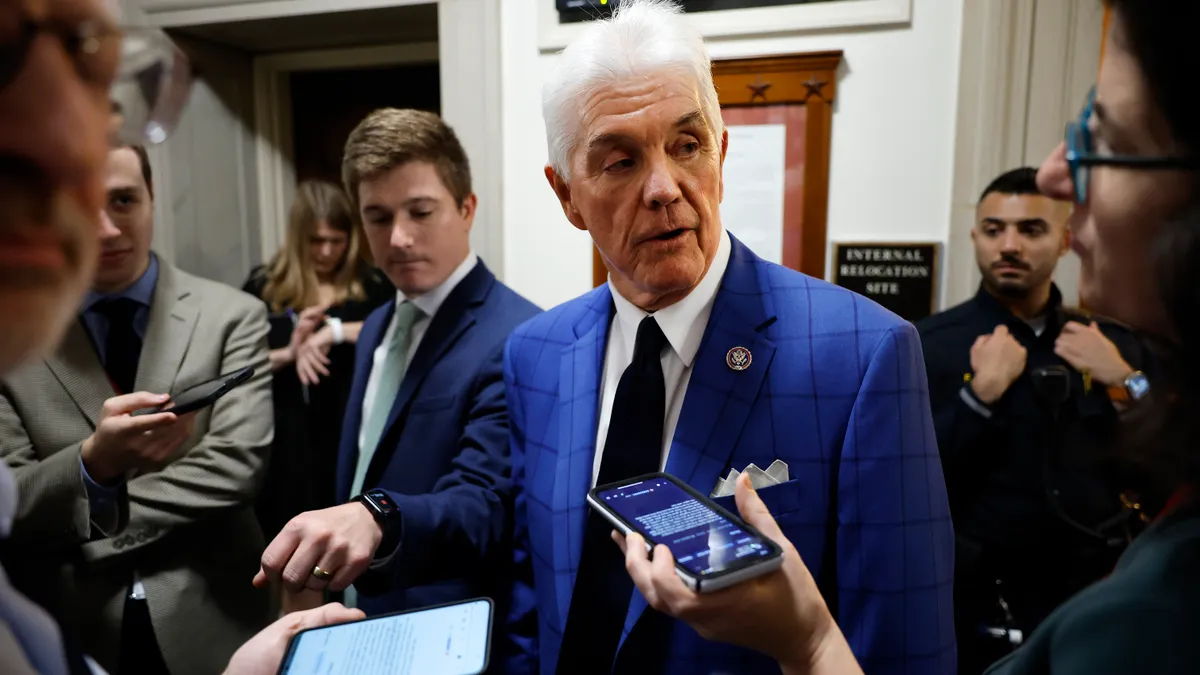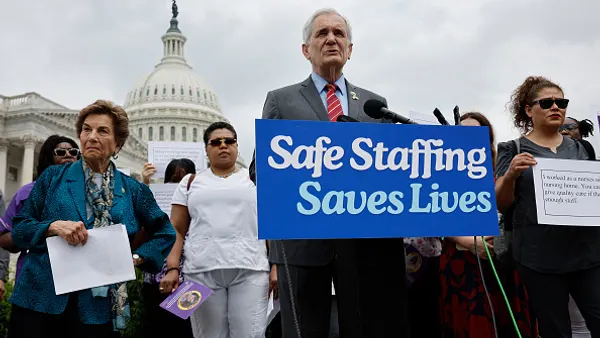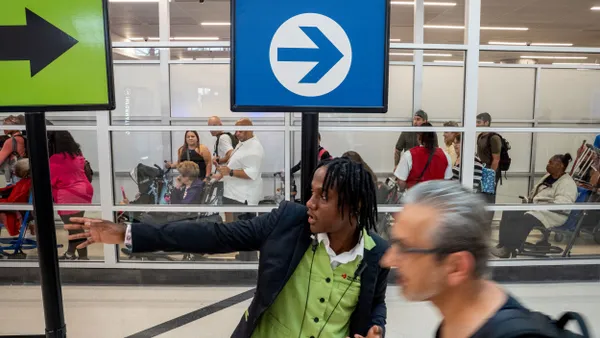Republican lawmakers told the U.S. Department of Labor in a Feb. 15 letter that a proposed rule would disincentivize small businesses from participating in the government’s registered apprenticeship program.
“This rule places an especially high burden on small businesses by imposing difficult administrative requirements ranging from mandatory disclosures for training program sponsors to providing details about the operation, performance, and advancement of the training program,” the letter, signed by Roger Williams, R-Texas, chairman of the House Committee on Small Business, and Congressman Aaron Bean, R-Fla., said.
The rule, proposed in December 2023, intends to strengthen labor standards, improve quality and bolster worker protections within the Registered Apprenticeship program, DOL said when it announced the regulation.
The changes would require a time-based model for apprenticeship completion, including hours on-the-job completed as well as in-classroom time, nixing the currently held competency-only requirement as one option for completion.
“The Department views this minimum duration requirement as an important hallmark of a quality registered apprenticeship program that effectively imparts occupational proficiency for apprentices,” the rule reads.
The regulation arrived after DOL rescinded a Trump administration rule in 2022 that would have authorized third-party entities to evaluate and recognize “Industry-Recognized Apprenticeship Programs,” under the auspices of the department’s Office of Apprenticeship. In finalizing the rescission, DOL noted that one of its reasons for ending the IRAP program was to focus efforts on the Registered Apprenticeship system.
The rescission also noted concerns about safety and welfare standards as well as program quality within the IRAP proposal.
The American Action Forum, a right-leaning think tank, said in 2021 that the program’s loss could stifle further training in rapidly growing industries where apprenticeship is not yet common.
“Apprenticeship programs are a critical way to increase the supply of skilled labor force in our country,” Williams said in a statement. “Unfortunately, this new rule from the DOL will make it harder for businesses to train a qualified workforce. We continually hear from Main Street America how challenging it is to find people capable of filling their job openings. This rule will do nothing to solve this problem and will only add more bureaucratic red tape for small businesses to navigate.”
Diversity and access have been two areas of apprenticeship investment for DOL in recent years. For example, the December rule highlighted a new program called the “registered career and technical education apprenticeship” designed to help high school and community college students enroll more seamlessly in apprenticeship programs.














